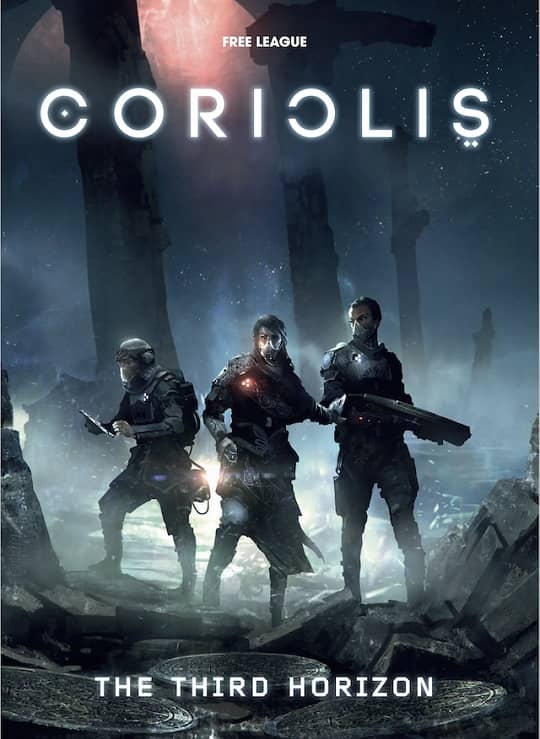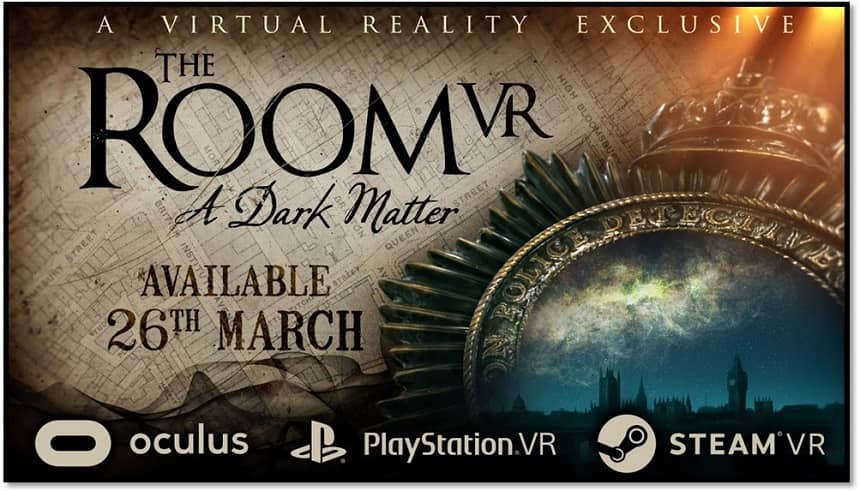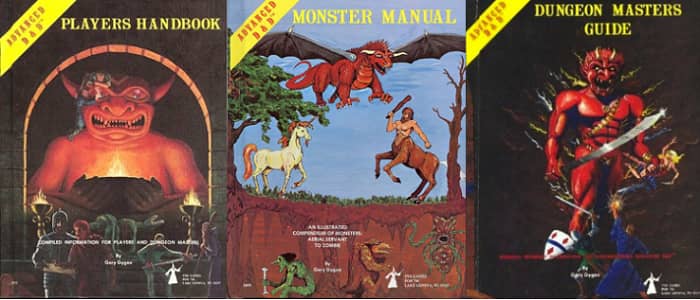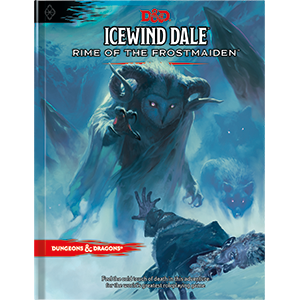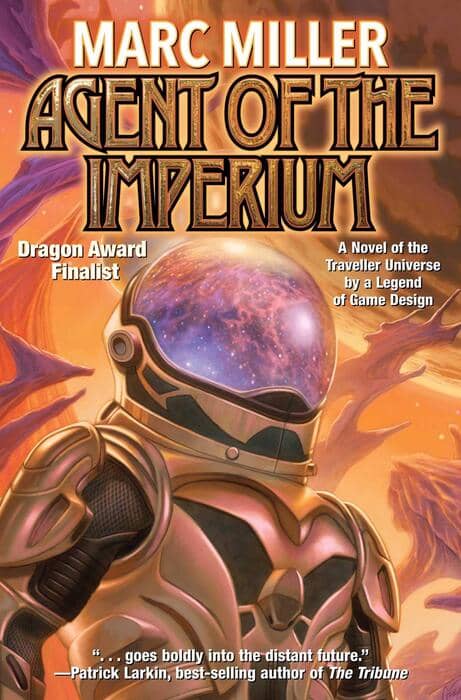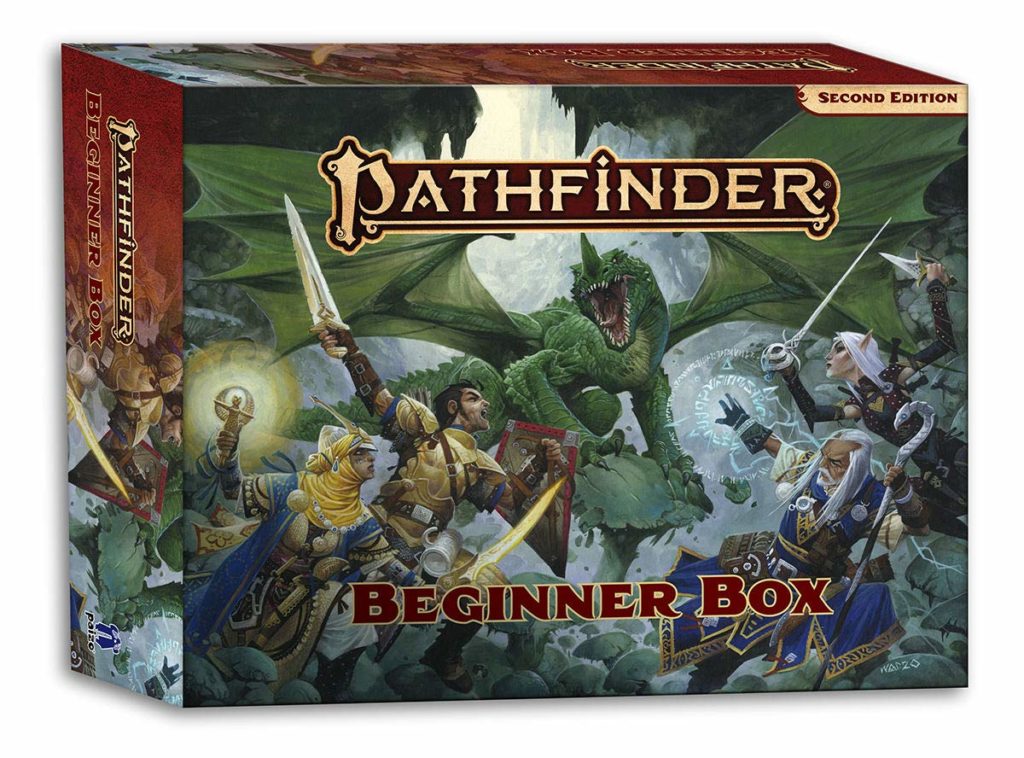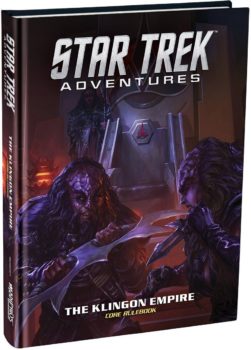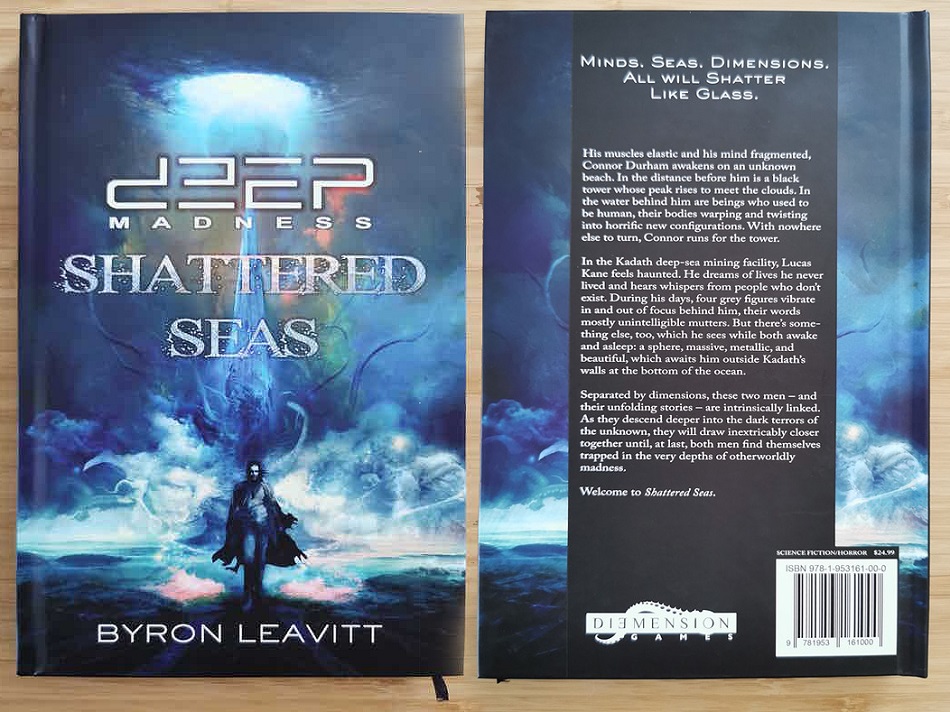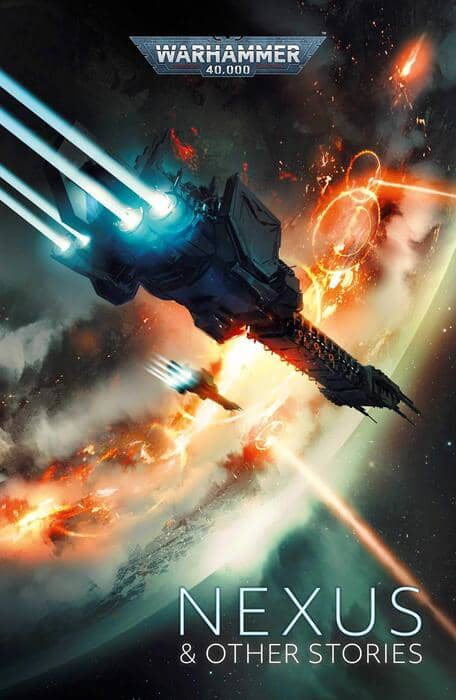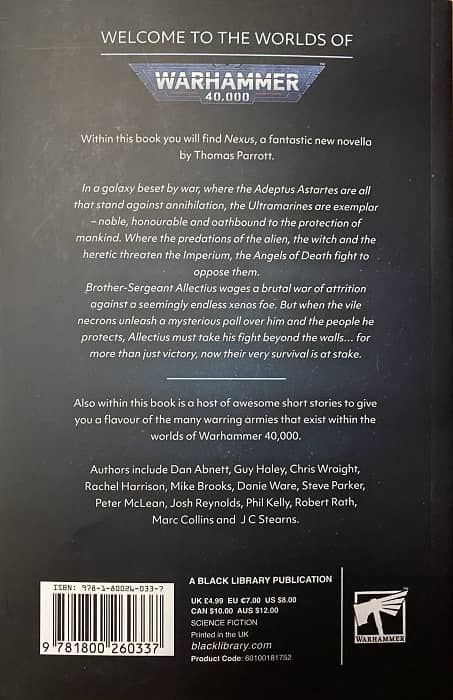Coriolis: Navigating the Third Horizon
The “Preface” to the 2018 science fiction roleplaying game Coriolis: The Third Horizon mentions the game’s major influences: Middle Eastern culture, Iain M. Banks, Alastair Reynolds, and Michael Flynn. Shortly after that, the writers state that Coriolis is Arabian Nights in space — an accurate self-assessment and pretty much hitting all the right notes for me. Grand science fiction space opera set in a universe that differs in meaningful and substantial ways.
Coriolis takes place in a setting called the Third Horizon. At one point in time far in the past, humanity discovered giant portals to other star systems, which had habitable planets. They colonized these systems, which became known as the First Horizon. The origin of the portals remain a mystery. Eventually, a second wave of systems were discovered via more portals and colonized: the Second Horizon.
The Third Horizon was discovered later and its 36 systems were colonized. What is known as the Portal Wars took place — a bloody, protracted, and devastating war that ended with the closing off of the portal between the Third Horizon and the first two. A long dark age ensued after the end of the war.
